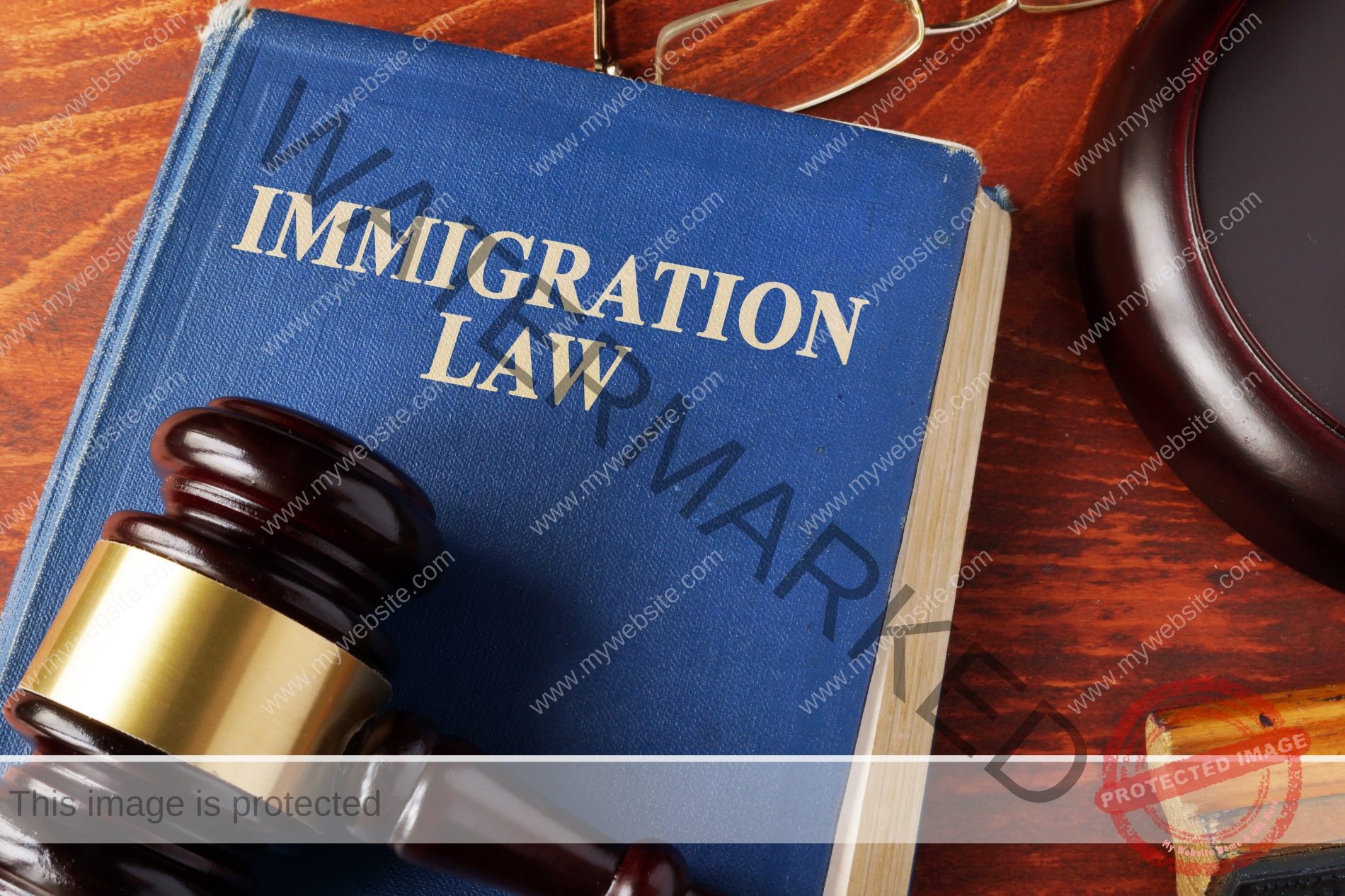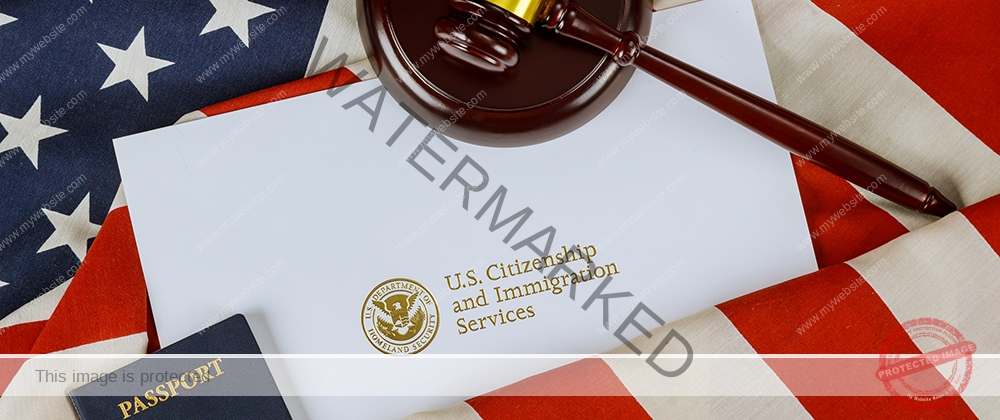Sanctuary cities are cities, counties, or states with active policies that limit cooperation with U.S. Immigration and Customs Enforcement (ICE). Sanctuary states include New Mexico, Connecticut, Colorado, and California. New York sanctuary cities include Ithaca, New York City, Rochester, and Syracuse. Certain states have outlawed sanctuary cities. Georgia did so in 2009. In 2016, Georgia also put into effect laws that demand local governments to abide by federal immigration legislation, or otherwise sacrifice state funding.
In certain states, leaders of sanctuary cities desire that illegal immigrants not fear deportation. Such city leaders are of the belief that illegal immigrants without fear of deportation are more willing to report crimes. Furthermore, they believe these immigrants are more likely to use social welfare and enroll their kids in school.
One policy in sanctuary jurisdictions is the hindering of police officers from asking persons about their immigration status. In truth, “sanctuary city” carries no exact legal definition. However, sanctuary policies exist not only in de facto form. Certain sanctuary areas have released their policies in the form written law.
Active Sanctuary Cities
More than 200 jurisdictions in all have rebuffed demands from ICE to detain persons for potential deportation. Certain groups have denied ICE access to jails or prisons.
Republican representatives proposed legislation regarding sanctuary cities in 2007. The initial bill proposed turning undocumented immigrant status into a felony, rather than having it remain a civil offense. Moreover, the bill proposed cutting 50% of Department of Homeland Security funding to sanctuary cities.
Sanctuary cities were a most noteworthy subject during the 2008 presidential race. Mitt Romney criticized New York City mayor Rudy Giuliani for running New York City as a sanctuary city.
More recently, the death of Kathryn Steinle at the hands of an undocumented individual brought the issue of the sanctuary into the spotlight. Ms. Steinle’s assailer shot and killed her in San Francisco, a sanctuary state. Former Secretary of State Hillary Clinton publicly acknowledged the slaying. Clinton has historically defended sanctuary city policy. Yet, the former Secretary of State asserted that it is a state’s mistake not to deport an individual that the federal government feels strongly about deporting.
President Trump’s Executive Order
Since President Donald Trump was elected, a lot of talk has been made about Trump’s plans to diminish federal grants for sanctuary cities. These plans turned into Trump’s executive order on January 25, 2017. The order commands the Secretary of Homeland Security and Attorney General to defund sanctuary jurisdictions not complying with federal immigration legislation.
President Trump also included in the order a request for weekly public reports from the Department of Homeland Security. The reports must name undocumented immigrants who commit crimes during the week. The Trump administration aims to detain these undocumented immigrants.
During one week, U.S. Immigration and Customs Enforcement arrested more than 600 people. Officials arrested persons at their homes and workplaces across eleven states.
Impact on New York
What kind of impact will the presidential order have on New York sanctuary cities and New York deportation at large? Mayor Bill DeBlasio has vowed to stand by immigrant communities. However, without addressing zero tolerance policing, DeBlasio may not be able to quell the situation.
Mass deportation under Trump will unfold through a routine procedure: unnecessary arrests for low-level offenses. This procedure is also known zero tolerance policing. Arrests under this procedure feed undocumented individuals into the federal government’s deportation system.
Self-declared sanctuary cities such as New York City still have not ended quota-driven policing style, which stems from zero tolerance or broken window policing. Quota-driven policing makes immigrants victims of needless arrests and thus at risk for deportation.
The controversial belief associated with zero tolerance policing is that a crackdown on minor offenses prevents more serious crimes. Zero tolerance policing has increased mass incarceration. The model could do the same to mass deportation.
As aforementioned, the Department of Homeland security will supply the White House with a weekly list of crimes that immigrants have been charged with. The Trump White House will publish this list and prioritize deporting the individuals on the list. Under Trump, this plan remains steadfast even concerning charges that have not led to a conviction.
With the arrival of the executive order, all noncitizens are at risk, including those in New York sanctuary cities. Minor crimes like selling counterfeit clothing or possessing marijuana can get a noncitizen deported.
A Step Back from Zero Tolerance
Certain cities have recently taken steps back from zero tolerance policing. Los Angeles has vowed to stop arresting street vendors lacking a license. New York City has decriminalized littering and spitting. Governor Andrew Cuomo of New York has also requested that the state legislature decriminalize minor marijuana possession.
Still, many minor offenses remain criminalized, which can lead to deportation for offending immigrants. The face of New York deportation has undoubtedly changed.
The Need for Legal Defense
Certain New York sanctuary cities have stopped sharing arrest information with federal authorities. Yet, U.S. Immigration and Customs Enforcement sends plainclothes agents to local courts in these cities. Here, the agents wait for immigrants to arrive for misdemeanor charges. In his first week in the White House, President Trump tripled the number of these agents.
The need is urgent for quality legal defense against deportation filing in New York. In a deportation case, having an immigration attorney multiplies one’s chance of winning ten-fold. New York has acknowledged this fact and participated in the Immigrant Family Unity Project. The project offers lawyers to low-income persons in immigration detention. This is the first program of its kind in the United States.




